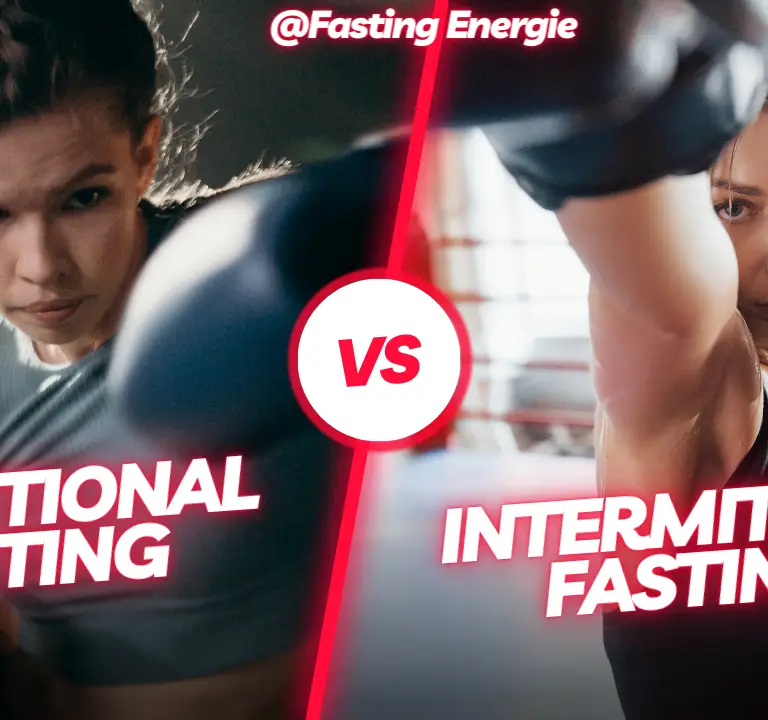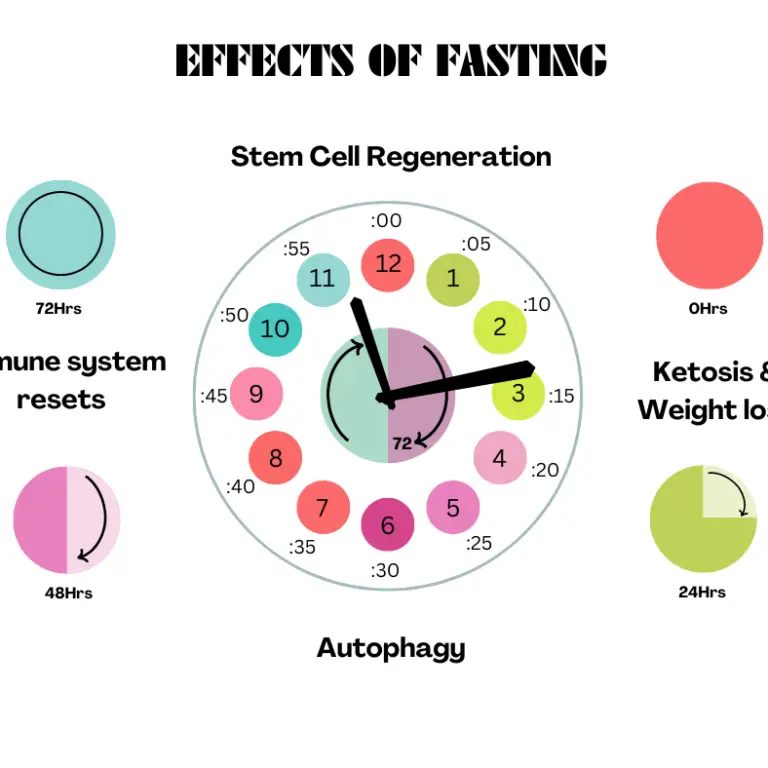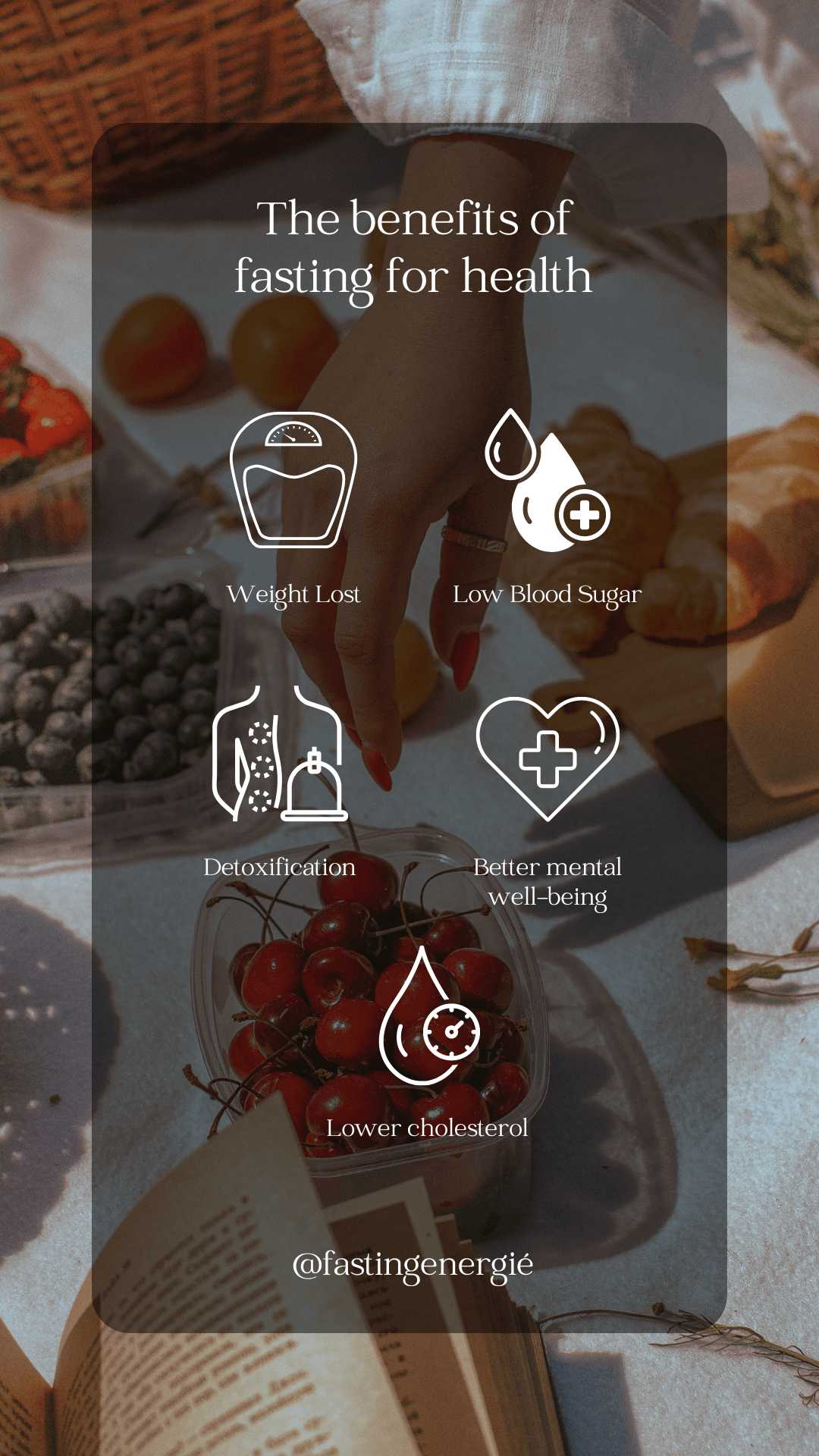12 Foods and Supplements that Can Break Your Fasting!
Intermittent fasting has grown in popularity as a means of losing weight, improving insulin sensitivity, and improving general health. While there are numerous foods, drinks and supplements that you can consume throughout your fasting period, there are a few that you should avoid. Here are 12 Mistakes that Can Break Your Intermittent Fasting and why.
Table of Contents

12 Foods and Supplements that Can Break Your Fasting!
Bone Broth
Bone broth is a high-nutrient liquid that cannot be drunk when fasting. It is made by boiling bones and connective tissue in water for an extended period of time to extract nutrients and minerals from the bones. Bone broth is high in collagen, gelatin, and other beneficial components that can enhance gastrointestinal health, increase immunity, and promote joint and bone health. Hence, Bone Broth is ideal for breaking a fast.
MCT Oil:
MCT oil is a form of oil made from coconut oil. It is metabolised differently than other types of fats, and the liver converts it rapidly into energy. Consuming MCT oil during fasting can break your fast and stop fat burning and weight loss, as it is high in calories and triggers insulin in the body.
Sweeteners:
During intermittent fasting, sweets such as sugar, honey, and artificial sweeteners should be avoided. These sweets can raise insulin levels and cause you to break your fast. Furthermore, some artificial sweeteners have been linked to detrimental health effects such as digestive problems and increased cancer risk.
Diet soda or Energy drink:
Sugary liquids including soda, juice, energy drinks and sports drinks should be avoided during fasting. These beverages are high in calories and sugar, which might cause an increase in insulin levels and break your fast. Furthermore, these drinks have no nutritional value and might contribute to weight gain and other health problems.
Energy drinks should be avoided while fasting intermittently. These beverages are often high in caffeine and sugar, which can upset insulin levels and cause your fast to be broken. Furthermore, energy drinks can cause dehydration, an increase in heart rate, and other severe health effects.
Dairy Products:
Dairy goods including Soy beverages, almond milk, milk, creamers, cheese, and yoghurt should also be avoided when fasting intermittently. Dairy items are high in protein and can trigger insulin release, breaking your fast. Furthermore, some people are lactose intolerant and have stomach problems when they consume dairy products.
Green Smoothie or Juice:
During intermittent fasting, green juices or smoothies produced with low-calorie, nutrient-dense components cannot be consumed. They are high in vitamins, minerals, and antioxidants, and they can aid to suppress hunger and create a sense of fullness but it also triggers insulin.
Simply avoid adding high-calorie foods such as fruit juices or sweets. Smoothies may appear to be a healthy choice, but they should be avoided during intermittent fasting. Smoothies are heavy in sugar and calories, which might upset insulin levels and cause you to break your fast. Furthermore, mixing fruits and vegetables can break down the fibre, resulting in a quick rise in blood sugar levels.
Bulletproof coffee
If you’re in a Keto diet, Bulletproof coffee is a popular beverage that blends coffee, grass-fed butter, and MCT oil to provide long-lasting energy and mental clarity. While it can be a delightful and energising way to start the day, it is high in calories and fat, and high-quality ingredients are essential, but they should be avoided during intermittent fasting.
Supplements to stay away from during fasting.
Popular dietary supplements among fitness aficionados include BCAA (branched-chain amino acids), collagen powder, and pre-workout supplements. When it comes to intermittent fasting, however, it is best to avoid these supplements throughout the fasting phase. Here are some of the reasons:
BCAA:
BCAA is a popular supplement among athletes and bodybuilders because it contains three essential amino acids that are required for muscle growth and repair (leucine, isoleucine, and valine). However, BCAA supplements might boost insulin secretion, causing the fasted state to be broken and the benefits of intermittent fasting to be lost.
Collagen Powder:
Collagen powder is a sort of protein supplement that is commonly used to promote the health of the skin, hair, and joints. However, collagen powder contains calories and protein, which can disrupt the fasting state and negate the benefits of intermittent fasting.
Pre-Workout Supplements:
Supplements: Pre-workout supplements are intended to improve athletic performance by increasing energy, focus, and endurance. Pre-workout supplements, on the other hand, frequently contain calories, sugar, and other components that can disrupt the fasted state and negate the benefits of intermittent fasting.
Protein shake:
Protein powder is a dietary supplement that has a high concentration of protein, which is necessary for muscle growth and repair. Athletes, bodybuilders, and fitness fanatics frequently utilise it to supplement their workouts and improve their general health.
Protein powders are available in a variety of forms, including whey protein, casein protein, soy protein, and pea protein. Because each form of protein has its own set of advantages and disadvantages, it’s critical to select a protein powder that complements your health goals and dietary requirements.
Fat-soluble vitamins
Supplements such as fish oil, vitamin E, vitamin C, antioxidants, and other fat-soluble vitamins are also popular. Fish oil contains omega-3 fatty acids, which have been demonstrated to offer several health advantages, including inflammation reduction, improved heart health, and cognitive function support.
Vitamin E is an antioxidant that helps protect cells from free radical damage, whereas vitamin C is necessary for immunological function and skin health. Antioxidants are chemicals present in a variety of foods and supplements that help protect against oxidative stress.
Other fat-soluble vitamins, such as vitamin A, D, and K, are also necessary for overall health and can be received from several dietary sources.
Conclusion:
In conclusion, there are several foods and beverages that you should avoid while fasting intermittently. Sugary drinks, alcohol, processed foods, dairy products, sweeteners, grains, fried foods, processed meats, energy drinks, and smoothies are all examples. By eliminating these foods and beverages, you can enter a fasting state, which can aid in fat burning, insulin sensitivity, and general health.
BCAA, collagen powder, whey protein, and pre-workout supplements should be avoided during the fasting period of intermittent fasting since they can promote insulin secretion, give calories, and counteract the benefits of fasting. To maximise their advantages, these supplements should be taken during the feeding period of intermittent fasting. However, before using any dietary supplements, you should contact a healthcare expert, especially if you are pregnant, nursing, or have a medical condition.
Frequently Asked Questions
u003cstrongu003eWhat will ruin intermittent fasting?u003c/strongu003e
Consuming any calories during the fasting window can ruin intermittent fasting. This includes drinks with calories, like sugary beverages or milk in your coffee, as well as snacks or meals. Even small amounts of calories can disrupt the metabolic state that intermittent fasting aims to achieve.
u003cstrongu003eWhat is a mistake to avoid when intermittent fasting?u003c/strongu003e
A common mistake to avoid during intermittent fasting is overeating during the eating windows. It’s important to maintain a balanced diet and not compensate for the fasting period by consuming excessively large meals, which can negate the benefits of fasting.
u003cstrongu003eDoes Coke Zero break a fast?u003c/strongu003e
Coke Zero does not typically break a fast if your goal is weight loss, as it contains no calories. However, if your goal is to achieve a specific metabolic state such as increased insulin sensitivity or autophagy, artificial sweeteners in Coke Zero may interfere with these benefits.
u003cstrongu003eWill 15 calories break a fast?u003c/strongu003e
Technically, consuming 15 calories during a fasting period breaks the fast because it introduces energy into the body. However, such a small amount of calories is unlikely to significantly impact the overall benefits of fasting, especially for weight management.
u003cstrongu003eDoes lemon water break a fast?u003c/strongu003e
Adding a small amount of lemon to water is generally acceptable and does not break a fast, as it contains very few calories. However, consuming large amounts of lemon juice, which can contain more calories, might technically break the fast.







